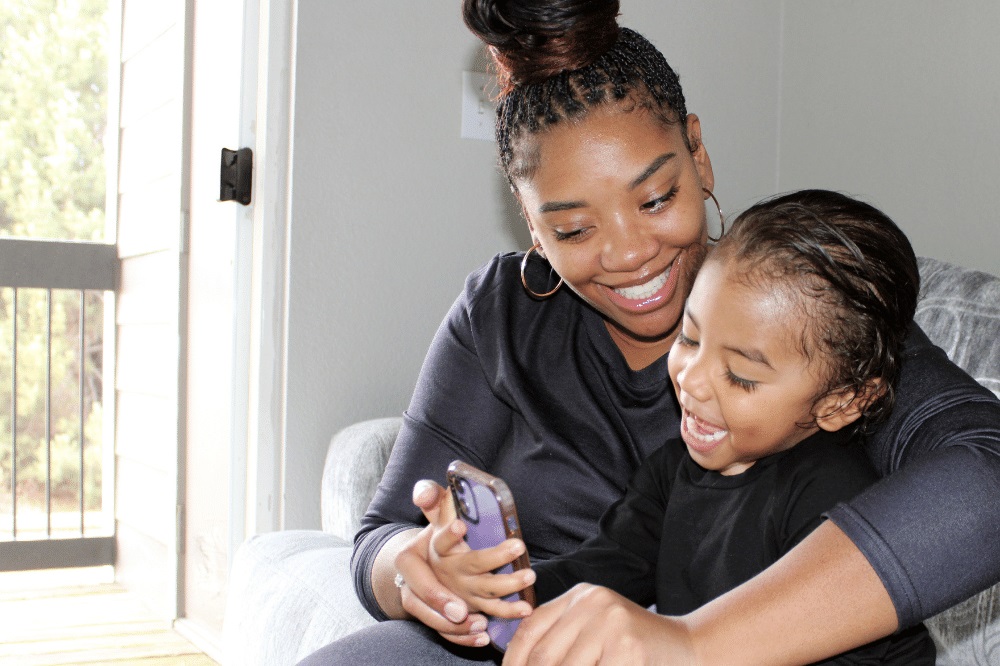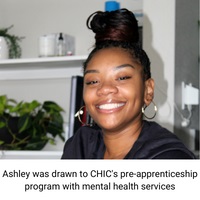
Making Mental Health Services A Centerpiece of Career Development
In Job Placement Services, CHIC Makes Mental Health Services and Well-Being A Priority
An estimated 1 in 4 American adults is living with a diagnosable mental health condition
 31-year-old Ashley turned a difficult situation into an opportunity. Ashley was among the 12.2 million women who lost their jobs in March and April 2020. She also was battling postpartum depression after the birth of her second child. When her aunt told her about a paid pre-apprenticeship program through Collaborative Healing Initiative within Communities (CHIC), she didn’t hesitate to sign up.
31-year-old Ashley turned a difficult situation into an opportunity. Ashley was among the 12.2 million women who lost their jobs in March and April 2020. She also was battling postpartum depression after the birth of her second child. When her aunt told her about a paid pre-apprenticeship program through Collaborative Healing Initiative within Communities (CHIC), she didn’t hesitate to sign up.
“I thought, this will be something that gives me purpose to get up in the morning as well as getting me back into the work world,” Ashley said.
In addition to the professional development she would gain for a future career in construction, Ashley was drawn to CHIC’s focus on self-discovery and healing. “If you aren’t being true to yourself you can’t show up as the best version of yourself. The check was just like a bonus to what I took away from CHIC.”
CHIC is a WINcome grant recipient. Its workforce development programs provide career planning, readiness, and placement supports for women who face high barriers to employment. With one in four Americans living with a mental health condition, CHIC has made mental health services another centerpiece.
Black women less likely to seek mental health services because of prior experiences with mental health treatment
According to the CDC, postpartum depression affects one in eight new mothers. The risk is significantly higher for new mothers of color. Notably, while Black women are more likely to have PPD, they are less likely to receive help. As reported in Psychiatric Times, recent data show that stigma is not the main reason that Black women do not seek help for depression. Instead, their willingness to seek care often depends on their prior experiences with mental health treatment.
As part of working with CHIC, women participate in group sessions and receive up to four individual sessions with a therapist who is relatable and culturally sensitive. The experience convinced Ashley to “get out there and access the help available.”
The focus on well-being is what Hilari Smith, co-founder and COO of CHIC, believes separates CHIC from other programs.
“In our first few years, as we thought about what supports that women need, mental health was a part of it. But now it’s a core component of the program. We are still focused on career development, but what we’ve learned is that we must address how we are dealing with our traumas.”
Ashley earned her certification in OSHA compliance and operating a forklift. These certifications prepare her for a variety of positions within construction and she continues to see a therapist. “Therapy is a good thing. I’ve been doing a lot better because of it.”

